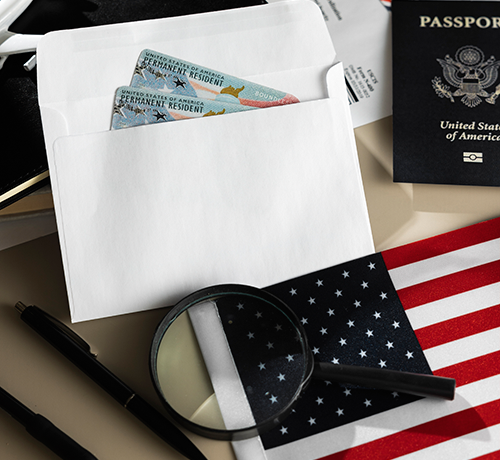The EB-1A visa category, reserved for individuals of extraordinary ability in the sciences, arts, education, business, or athletics, has long been a beacon of opportunity for global talent seeking permanent residency in the United States. However, while the criteria remain consistent, the current climate—both administratively and legally—has made filing an EB-1A petition more complex than ever before.
At Peerally Law Group, we’ve successfully represented hundreds of clients in the EB-1A category. Based on our recent experience, there are five major difficulties petitioners now face in filing an EB-1A petition.
Increased Scrutiny and Higher Standards of Evidence
USCIS officers today are applying heightened scrutiny when reviewing EB-1A applications. The evidentiary standard has shifted significantly in recent years, making it insufficient to simply meet the minimum number of criteria. Officers now apply a “final merits determination”, where they assess not just whether criteria are met, but whether the evidence, in totality, shows sustained national or international acclaim. This second-level review often results in Requests for Evidence (RFEs) or denials if the case isn’t presented with comprehensive, persuasive documentation.
Lack of Clear Guidance on Subjective Criteria
Several EB-1A criteria—such as “original contributions of major significance” or “leading or critical role”—are inherently subjective. Without precise regulatory definitions, USCIS officers often use their discretion to interpret these standards. This leads to inconsistent adjudications and difficulty in predicting outcomes. For petitioners and attorneys, this means we must go above and beyond in presenting a narrative that clearly ties the evidence to the regulatory language, while anticipating potential counterarguments.
Challenges for Self-Petitioners Without U.S. Employers
The EB-1A visa allows self-petitioning, which is a major advantage. However, individuals without a U.S.-based employer or institutional support often face challenges in proving “continued work in the area of extraordinary ability” in the U.S. post-approval. USCIS frequently requests detailed plans or future engagements. Without a clear roadmap showing how the applicant will contribute to their field in the U.S., even an otherwise strong petition may falter.
Difficulties for Entrepreneurs and Startup Founders
EB-1A petitions from entrepreneurs—especially startup founders—have become more common, but also more difficult. Unlike traditional academic or research-based applicants, entrepreneurs may struggle to provide evidence such as scholarly publications or peer-reviewed awards. Demonstrating sustained acclaim and national recognition in a business context requires creative evidentiary strategies—press coverage, investor testimonials, pitch competition awards, or proof of the startup’s impact. Still, USCIS may undervalue this type of evidence unless it is framed appropriately within the legal framework.
Uncertainty Due to Processing Times and Visa Bulletin Movement
Although EB-1A petitions are generally considered “priority” and often eligible for premium processing, the broader immigration backlog has introduced unpredictability. For applicants from high-demand countries like India or China, the EB-1A category may no longer be “current” in the Visa Bulletin, which delays adjustment of status. This undermines the appeal of the EB-1A as a faster green card option and can create complex timing issues for those currently in the U.S. on temporary visas.

Final Thoughts
The EB-1A remains a powerful and flexible option for individuals with truly extraordinary abilities, but the path to approval is now more nuanced and challenging than ever before. Success depends not only on the strength of the applicant’s background but also on the strategy, storytelling, and meticulous preparation of the case.
At Peerally Law Group, we bring years of experience, deep legal insight, and a personal commitment to helping each client achieve their American dream. If you’re considering an EB-1A petition, or if you’ve been told it’s not possible—we encourage you to contact us. You may be more qualified than you think.
For a consultation or case evaluation, contact Peerally Law Group PC at (510) 742-5887, or visit us at peerallylaw.com.


